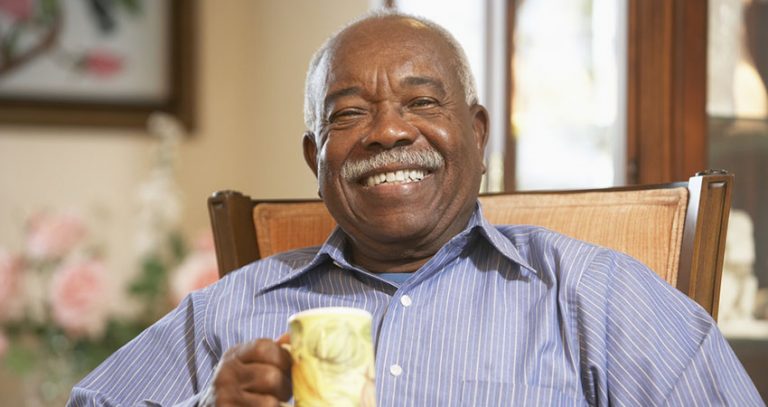For many young men, it can be astonishing to be diagnosed with testicular cancer. Cancer is not something that is on the minds of most Inland Empire men ages 15-35, but the fact of the matter is testicular cancer is one of the most common cancers for this particular age group.
Rancho Mirage men who have recently been diagnosed with testicular cancer should note that this is one of the easiest cancers to cure given the fact that early detection makes many treatment options very successful.
What Factors Put a Man at Risk for Testicular Cancer?
Men who have an un-descended testicle are at a higher risk of developing testicular cancer. In the average man, both testicles descend from the abdominal region into the scrotum during their infancy. However, in some men, one testicle does not descend. In some cases, men are at risk because their fathers or grandfathers also had testicular cancer.
Heredity does seem to play a role in this particular type of cancer. Men who have Klinefelter Syndrome, in which they possess more than one X chromosome, are also at a higher risk of developing testicular cancer. Your urologist can help you understand your own personal risk factors for this disease.
What are the Symptoms of Testicular Cancer?
Some of the most common symptoms of testicular cancer are swelling of the testicles, hardening of the testicles or a change in the size of one or both testicles. Some men may experience pain with their testicular cancer while others may not. Pressure in the groin area or toward the lower back should be discussed with your doctor, as should heaviness in the scrotum. These are both signs and symptoms of testicular cancer.
What are the Treatment Options for Testicular Cancer?
The first step to treating testicular cancer is to remove the cancerous cells or tumor from the body. Once the cancer has been removed, the urologist will work with the patient to come up with a continual treatment plan.
In some cases, this involves extra monitoring but no additional treatment. In other cases, patients must go through chemotherapy and radiation in order to destroy any remaining cancer cells that are left in the body after the initial surgery. The urologist will create a cancer treatment plan that is designed to address the needs, both medical and personal, of the individual patient.
While it is always unnerving to receive a cancer diagnosis, patients who are working with a urology expert can rest easy knowing that they are in good hands. A urologist is trained not only in early detection but also in cancer treatment services, ensuring that any patient who is living with testicular cancer has the resources they need in order to feel calm, confident and as relaxed.
Cancer is not something that anyone wants to deal with or manage, especially during their younger years. Living with testicular cancer is possible, and in many cases the outcome is quite favorable for the patients.

